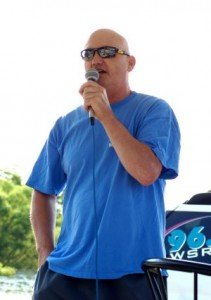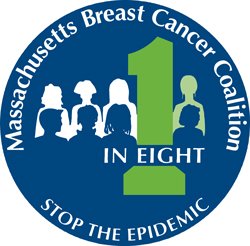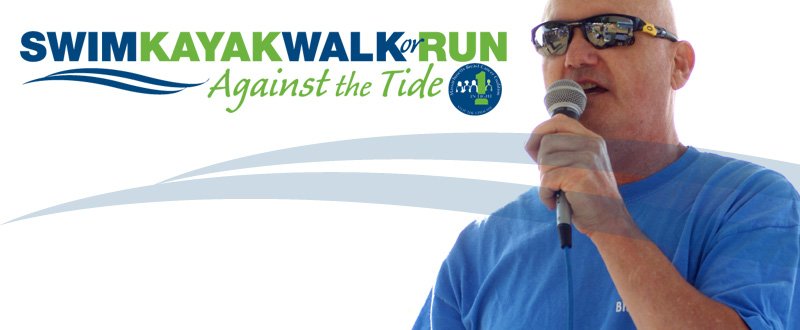When many of us think of breast cancer, our minds gravitate toward our mothers, sisters, aunts, and grandmothers. However, breast cancer is a disease that also threatens our fathers, brothers, uncles, and grandfathers.
 50-year-old Pete Devereaux served the United States as a Marine from 1980-84. His first 16 months of service were spent at Camp Lejeune in North Carolina, at which time his primary concern was surviving the next four years. Little did he know that his greatest battle would come over 20 years later, long after he returned from his worldwide tour. In January of 2008 Pete noticed a lump on his chest. A few days later he was diagnosed with Stage IIIB Male Breast Cancer. Confused and utterly shocked, Pete underwent genetic testing and found that he was not genetically predisposed to develop the disease. Just a few months later, he received a letter from the government informing him and thousands of other Marines that they may have been exposed to contaminated water at Camp Lejeune.
50-year-old Pete Devereaux served the United States as a Marine from 1980-84. His first 16 months of service were spent at Camp Lejeune in North Carolina, at which time his primary concern was surviving the next four years. Little did he know that his greatest battle would come over 20 years later, long after he returned from his worldwide tour. In January of 2008 Pete noticed a lump on his chest. A few days later he was diagnosed with Stage IIIB Male Breast Cancer. Confused and utterly shocked, Pete underwent genetic testing and found that he was not genetically predisposed to develop the disease. Just a few months later, he received a letter from the government informing him and thousands of other Marines that they may have been exposed to contaminated water at Camp Lejeune.Pete immediately drew the connection and got into contact with other Marines who had also been diagnosed with breast cancer. At the time, he was the seventh Marine from Camp Lejeune to be diagnosed. Together with the growing number of infected Marines, Pete discovered that the contaminants in the water were trichloroethylene (TCE),perchloroethylene (PCE), and benzene. In addition, what was initially thought to be 1,000 gallons of benzene that infected the water supply was revealed to truly be 800,000-1.2 million gallons of gasoline. The Marines drank and bathed in this water every day. “We chugged down eight to ten quarts a day,” says Pete, “and between training and regular life, we were taking two to three showers a day.”
In April of 2009 Pete was headed toward the last appointment of his original 14-month treatment when he felt a shooting pain up and down his spine. At his would-be last appointment, he had scans that revealed the cancer had spread to his spine, ribs, and hip. This was metastatic breast cancer, which has no known cure. The average life expectancy is 2-3 years, an expectancy which Pete intends to surpass and already has. As of 2013, there are 83 confirmed cases of breast cancer among the Marines from Camp Lejeune, the largest male cluster ever reported.
A happily married man and father to a 15-year-old daughter, Pete became involved with the Massachusetts Breast Cancer Coalition (MBCC) on June 22nd at the 21st annual Against the Tide swim, kayak, walk, or run fundraising event in Hopkinton, MA. Pete spoke about his experience and his passion for breast cancer prevention, followed by Silent Spring Institute Director of Research Ruthann Rudel who emphasized, “We can’t wait for human evidence of what causes breast cancer before we act to reduce exposures, because this is what evidence looks like [Peter and the Marines]. We need to focus on chemical safety testing to predict which chemicals might cause breast cancer and act now to reduce exposure.
MBCC Executive Director and Silent Spring Institute Co-Founder Cheryl Osimo explains, “I was inspired hearing from one of the 83 Camp Lejeune Marine breast cancer victims who served our country. Pete’s compelling story brings to light the importance of MBCC’s unique goal of breast cancer prevention. We are honored that Pete led the walk and shared his story at Against the Tide in Hopkinton.”
To support Pete’s breast cancer prevention efforts, make a pledge on his fundraising page by clicking the link below:


